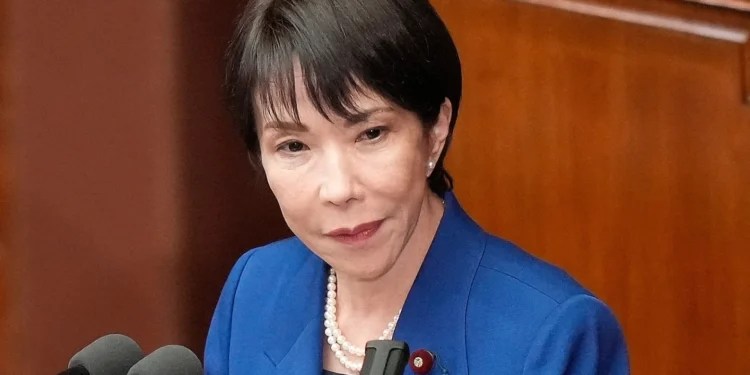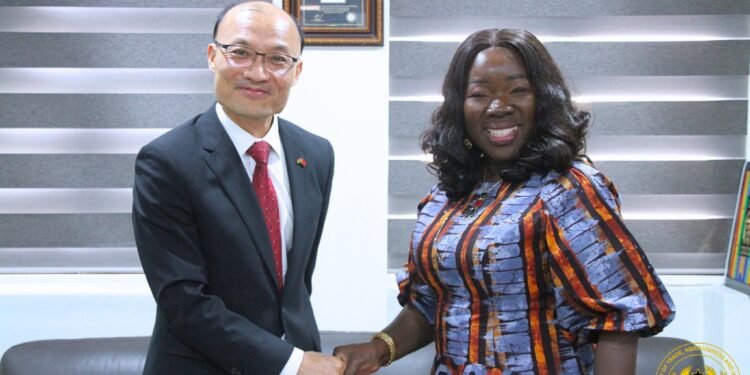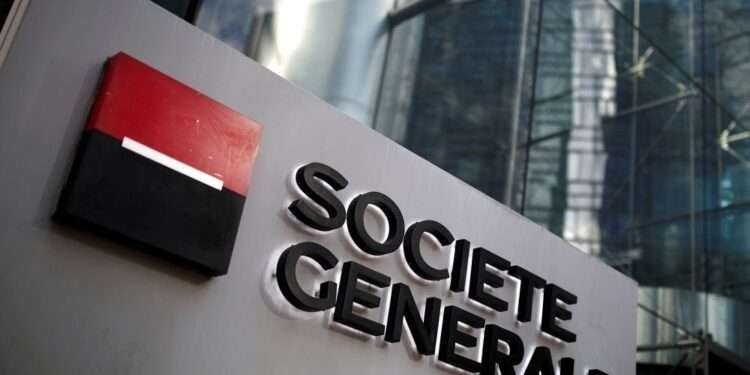Dr. Theo Acheampong an Economist and Political Risk Analyst, has characterized Ghana’s inflation target to be ineffective and proposed some amendments that could be made to it.
Dr. Acheampong asserted that over the past 20 years, Ghana has used the Bank of Ghana’s inflationary targeting framework to control inflation and occasionally lose it.
“The Inflation Target (IT) framework, adopted in 2007, is one of the core monetary policy anchors for price stability. Some empirical evidence shows that it has been ‘conspicuously unsuccessful’ compared to other countries.”
Dr. Theo Acheampong
The Economist and Political Risk Analyst stated that “Bleaney et al. (2018) show that ‘since 2013, inflation has persistently exceeded the announced target by four percentage points or more, despite the target never falling below a relatively unambitious 8% per annum”.
Additionally, Dr. Theo Acheampong stressed that monetary policy under the Inflation Target (IT) regime is designed to influence the inflation forecast through the replacement of money supply (M2+) as the intermediate target.
He again, emphasized that “This should keep inflation within the medium-term path and target of 6% to 10%.”
According to Dr. Acheampong, Ghana accomplished this target under the National Democratic Congress (NDC) government from 2010 to 2014, but the ‘dumsor’ years saw a defeat in the battle against inflation.
He further noted that between 2017 and 2021, the New Patriotic Party (NPP) administration was also successful in bringing inflation down to a long-term course in the first and early years of their second terms. However, the Russia-Ukraine war and the ensuing overspending (over budget) during the fiscal years 2021 and 2022 then set off a chain reaction.
Proposed Amendment of Ghana’s inflation target
Dr. Theo Acheampong proposed that Ghana’s inflation target must focus on the strategic use of monetary policy to manage inflation effectively. His analysis is rooted in the context of Ghana’s economic recovery post-COVID, particularly in the light of the country’s recently signed 3-year International Monetary Fund (IMF) program. This program emphasizes reforms aimed at stabilizing the economy and managing inflation, which is a critical component of economic health and sustainable development.
Moreover, Dr. Acheampong noted the importance of moderating inflation for the central bank to cut the policy rate, which in turn helps to bring down the cost of borrowing for households and businesses.
He stressed that this is a crucial aspect of managing inflation, as it directly affects the economic conditions of Ghanaians by making borrowing more affordable. The reduction in the policy rate to 29% from 30% is seen as a welcome move, signaling a shift towards a more accommodative monetary policy stance.
Furthermore, Acheampong’s comments indicated a recognition of the broader economic implications of inflation, including its potential to lead to unrest and instability.
He highlighted the need for careful management of inflation as part of a broader strategy to ensure economic stability and sustainable growth. This perspective reflects a nuanced understanding of the complex interplay between monetary policy, economic stability, and the well-being of the population.
Dr. Theo Acheampong’s insights into Ghana’s inflation target suggest a strategic approach to managing inflation through careful monetary policy adjustments.
His analysis emphasized the importance of moderating inflation to support economic stability and sustainable growth, as well as the potential impact of inflation on social stability.
READ ALSO: Akufo-Addo Charges Ghanaians to Embrace the Future with Resilience























